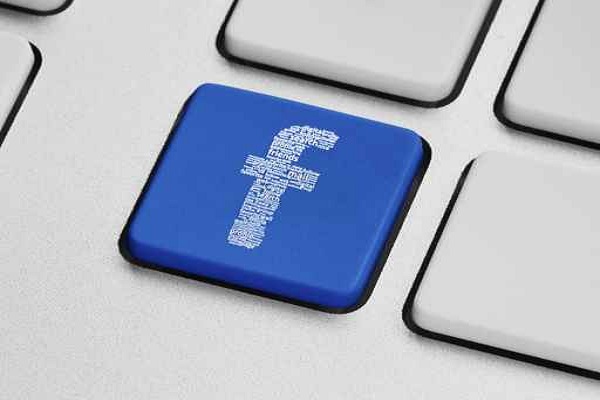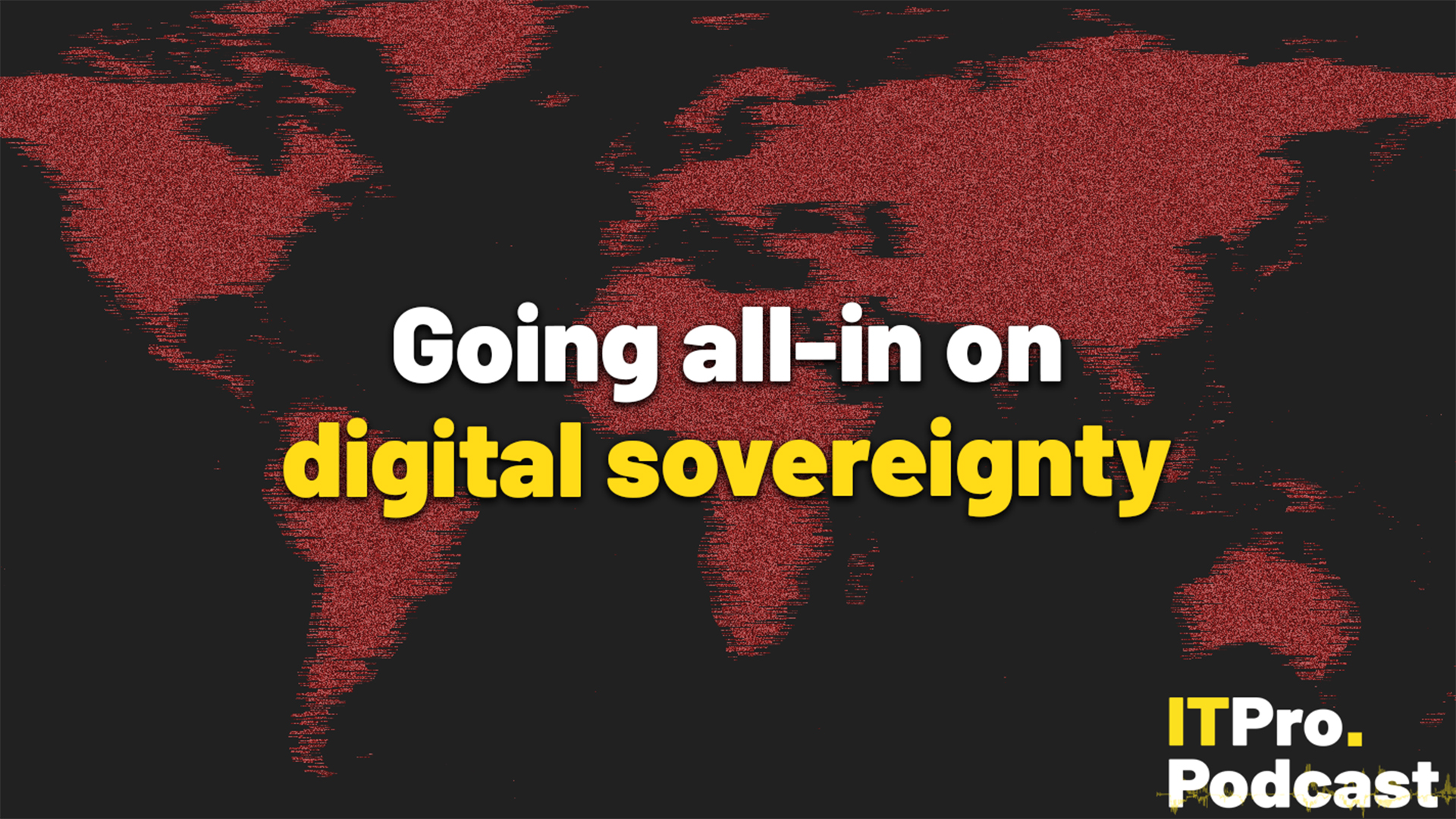Facebook turns 10: A timeline of its memorable moments
We look back at the high and low points of Facebook's first 10 years.

Sign up today and you will receive a free copy of our Future Focus 2025 report - the leading guidance on AI, cybersecurity and other IT challenges as per 700+ senior executives
You are now subscribed
Your newsletter sign-up was successful
The search capabilities of Facebook are overhauled to create Graph Search, which is designed to make it easier for member to retrieve pictures and information about their friends.
Privacy concerns were raised by some in response to the news, but the social networking giant was quick to assure them that only they data they shared publicly would be searchable through the service.
April 2013 - Home sweet home?
Facebook creates Home for Android phones, a home screen overlay that streams content directly from the site to make it quicker and easier for users to view. However, adoption of the systems is decidedly lackluster.
April 12, 2013 - Facebook phone culled
The release of Home coincides with the arrival of the long-rumored "Facebook phone". The device, the HTC First, unfortunately flops in the US, resulting in the cancellation of its UK launch.
June 12, 2013 - Twitter-like functions come to Facebook
Sign up today and you will receive a free copy of our Future Focus 2025 report - the leading guidance on AI, cybersecurity and other IT challenges as per 700+ senior executives
Hashtags come to Facebook. Wanting to be more like Twitter, the company adds support for them in posts. Six months later, the site went one better by introducing trending topics at the top of users' news feeds too.
November 13, 2013 - Spurned by Snapchat
Fearing competition among its younger users, Facebook tries to buy insurgent social network Snapchat for $3 billion. Snapchat's founders rejected the offer and post screenshots of the emails on Twitter.
February 2014 Facebook takes on Flipboard
Facebook releases Paper, a Flipboard-type offering that intersperses friends' status updates with articles from a range of articles from their favourite publications.
The app receives rave reviews for its interface in the US, despite only being available on the iPhone, while UK site users remain in the dark about when Paper will be released over here.
The privacy problem
One word has plagued Facebook since its start. Privacy. Users like using Facebook, but they often feel uncomfortable with how much information it can reveal.
The site's privacy settings have been criticised as complicated and prone to sharing personal information with other websites.
Beacon, a service it started in 2007, collected information on Facebook users from other websites and sent it to that user's News Feed.
Zuckerberg doesn't believe in as much privacy, citing a self-made rule that people are willing to share twice as much personal information every year. And in some ways, it's true. Users protested the News Feed in 2005, saying it would make online stalking too easy. Now we take it for granted as an integral part of Facebook.
Future-proofing Facebook
The biggest question facing Facebook is where it goes next. One in seven people on the planet uses Facebook, and they still love it. So how does the world's largest social network keep growing?
Zuckerberg's answer is the developing world. "If we can help develop some of these economies, then they will turn into markets that our current business can work in," he told Bloomberg Businessweek.
Most of Facebook's users live in developed nations. Less wealthy nations, with populations still getting online, offer more potential new customers. Perhaps Facebook's future lies with them.
-
 Sumo Logic expands European footprint with AWS Sovereign Cloud deal
Sumo Logic expands European footprint with AWS Sovereign Cloud dealNews The vendor is extending its AI-powered security platform to the AWS European Sovereign Cloud and Swiss Data Center
-
 Going all-in on digital sovereignty
Going all-in on digital sovereigntyITPro Podcast Geopolitical uncertainty is intensifying public and private sector focus on true sovereign workloads
-
 Meta to pay $725 million in Cambridge Analytica lawsuit settlement
Meta to pay $725 million in Cambridge Analytica lawsuit settlementNews The settlement closes the long-running lawsuit into how Facebook's owner, Meta, handled the Cambridge Analytica scandal
-
 Meta's earnings are 'cause for concern' and 2023 looks even bleaker
Meta's earnings are 'cause for concern' and 2023 looks even bleakerAnalysis Calls for investor faith in metaverse tech only emphasise the worries that its investment strategy won't pay off
-
 Microsoft and Meta announce integration deal between Teams and Workplace
Microsoft and Meta announce integration deal between Teams and WorkplaceNews Features from both business collaboration platforms will be available to users without having to switch apps
-
 Facebook is shutting down its controversial facial recognition system
Facebook is shutting down its controversial facial recognition systemNews The move will see more than a billion facial templates removed from Facebook's records amid a push for more private applications of the technology
-
 'Changing name to Meat': Industry reacts to Facebook's Meta rebrand
'Changing name to Meat': Industry reacts to Facebook's Meta rebrandNews The rebrand attempts to provide a clearer distinction between Facebook and its umbrella company
-
 Facebook's Oversight Board demands more transparency
Facebook's Oversight Board demands more transparencyNews Board bashed the social media giant for its preferential treatment of certain high-profile accounts
-
 Facebook claims AI managed to reduce hate speech by 50%
Facebook claims AI managed to reduce hate speech by 50%News The social media platform has hit back at claims the tech it uses to fight hate speech is inadequate
-
 Facebook to hire 10,000 workers across the EU
Facebook to hire 10,000 workers across the EUNews The high-skilled jobs drive is a “vote of confidence” in the European tech industry